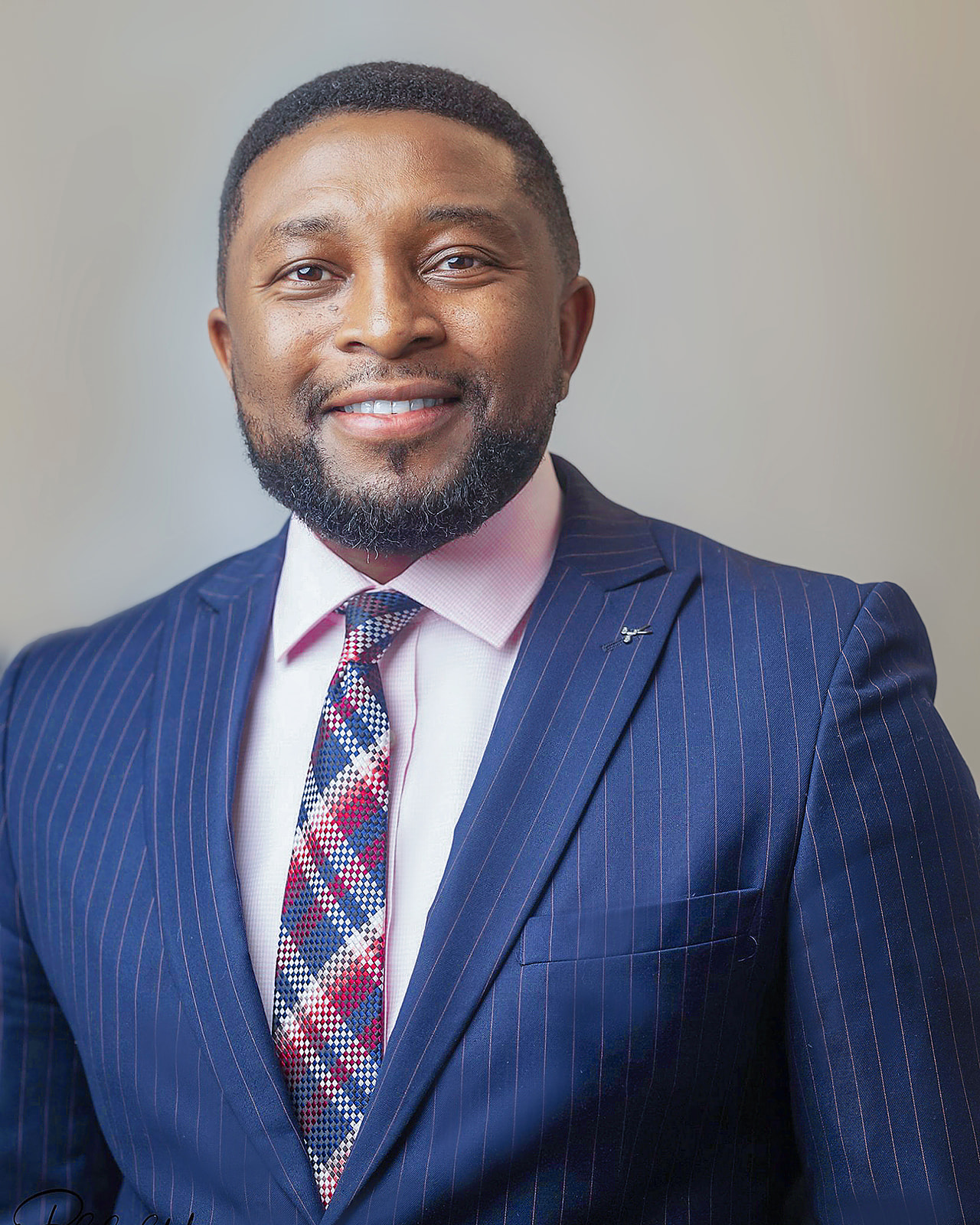Edos is a versatile lawyer, trained abroad and in Canada. He graduated from the prestigious Faculty of Law of the University of Benin, Nigeria in 1996 and was called to the Nigerian Bar as a Barrister and Solicitor of the Supreme Court of Nigeria in 1998. He also holds a Master of Law degree from the Lagos State University in Lagos, Nigeria.
He has over twenty two (22) years of active law practice. During this period, he practiced with the Law Firms of Ejide Sodipo & Co., Templars [Barristers & Solicitors] and was a Senior Partner at Threshold [Barristers & Solicitors] all in Nigeria. Prior to joining Ejide Sodipo & Co., he worked with the Legal Services Division of United Bank for Africa Plc. In addition, he is an Associate of the Chartered Institute of Taxation of Nigeria (ACTI).
In the course of his legal career, he has attended various basic and advanced legal courses and programs both locally and internationally and has provided legal advisory services to diverse clients. He moved from Nigeria to Canada with his family in January, 2013. Upon arriving Canada, he commenced the process of transiting to law practice in Canada, by registering under the National Committee on Accreditation (NCA) program of the Federation of Law Societies of Canada, in June, 2013 and completed his examinations in October, 2013. He was issued with a Certificate of Qualification by the National Committee on Accreditation of the Federation of Law Societies of Canada in January, 2014 and was called as a Barrister and Solicitor of the Province of Alberta in June, 2016.
Outside the practice of law, Edos enjoys working out, playing soccer, table tennis and spending time with his wife and children. He also volunteers at the legal clinics organized by the Calgary Legal Guidance (CLG) and is a mentor with the Calgary Region Immigrant Employment Council (CRIEC)

If one really wishes to know how justice is administered in a country, one does not question the policemen, the lawyers, the judges, or the protected members of the middle class.
Jacqueline Bretell3If one really wishes to know how justice is administered in a country, one does not question the policemen, the lawyers, the judges, or the protected members of the middle class.
Jacqueline Bretell2
If one really wishes to know how justice is administered in a country, one does not question the policemen, the lawyers, the judges, or the protected members of the middle class.
Jacqueline Bretell